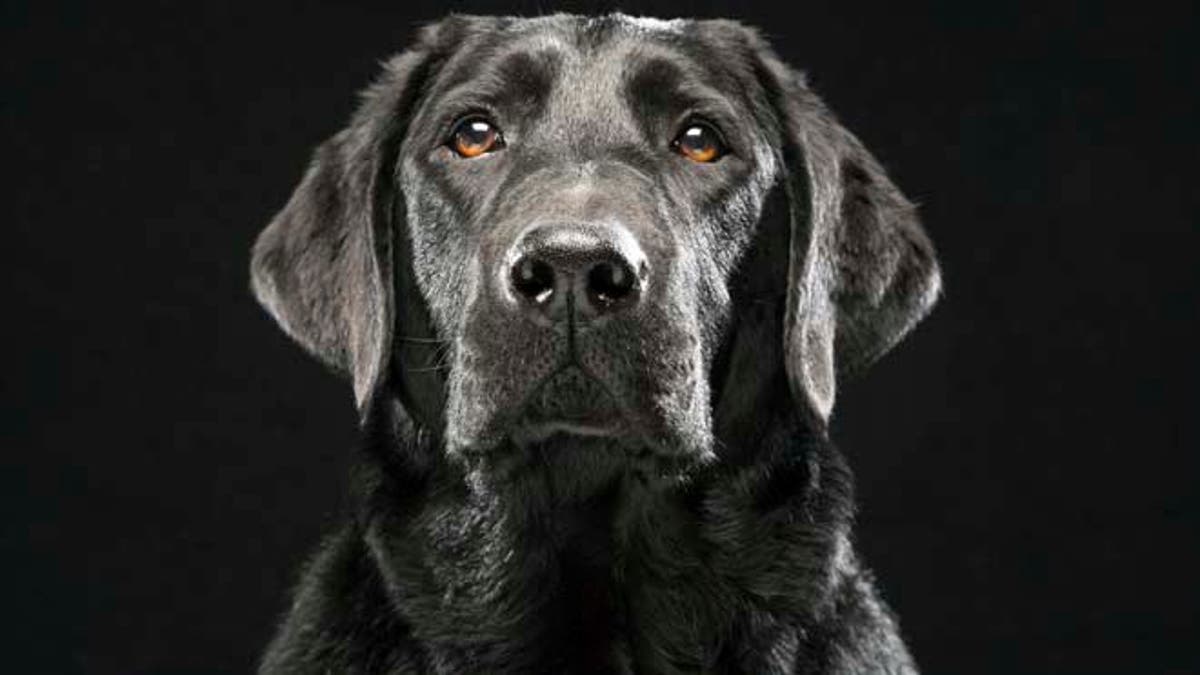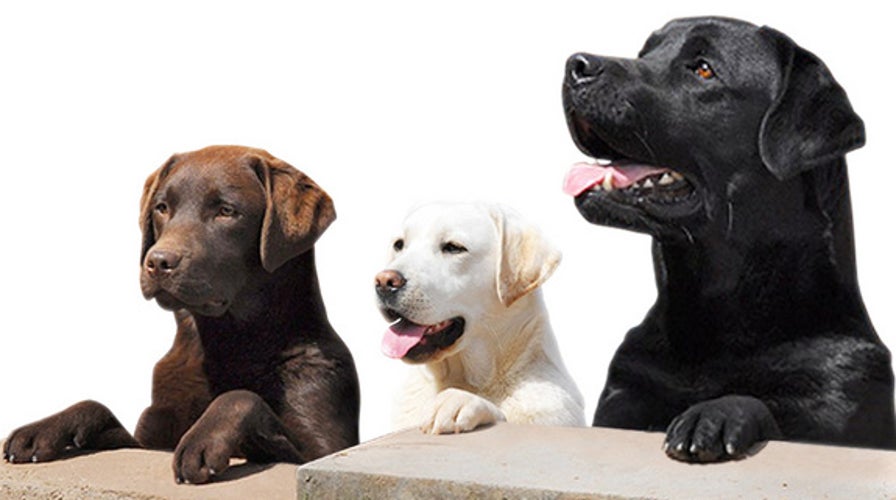Fox News Flash top headlines for August 19
Fox News Flash top headlines are here. Check out what's clicking on Foxnews.com.
Nine dogs at a University of Pennsylvania development center for detection animals may hold the key to sniffing out COVID-19 cases.
The canines -- including eight young Labrador Retrievers and one older Belgian Malinois -- are part of a study at the Greencastle training facility aiming to determine whether man's best friend can recognize a distinct smell in people infected. The center trains dogs like those who searched for 9/11 survivors.
Dogs have at least 50 times as many smell receptors as people, which helps them identify drugs and explosives but also cancers, parasitic infections and sudden blood-sugar level shifts.
MAN WALKING HIS DOG KNOCKED UNCONSCIOUS BY FALLING CAT
Using cans containing urine from previously hospitalized coronavirus-positive patients, as well as a selection of potentially confusing alternatives, researchers are testing the dogs in the hopes that they might one day screen as many as 250 people an hour, according to The Washington Post.
After correctly identifying the imprinted scent, the dogs are rewarded. The trainers keep a record of each dog's performance, the time of day, the air temperature, and the humidity level. They also wipe down the cans used with alcohol between each canine.

A Labrador Retriever in 2013. Dogs belonging to the breed are being tested as COVID-19 screeners. (Fred Levy via AP)
The researchers have changed the types of positive samples they use as the work evolves. While they were working with chemically deactivated urine in July, the dogs later focused on heat-treated urine, saliva, and sebum collected from T-shirts.
The center's scientists are unsure, so far, what the common denominator the dogs are detecting could be. While some dogs have identified samples of negative patients, later testing showed that those patients had previously tested positive, suggesting there may have been a lingering smell.
Whatever the case, success with the group after just 10 weeks of training marks a step forward in the science of olfactory disease detection, built around the concept that human illnesses are distinguished by odor footprints.
While such studies date to 400 B.C., there is still much that remains unknown and many have suggested the use of artificial electronic scent detectors over wet labrador noses.
CLICK HERE FOR THE FOX NEWS APP
Electronic devices wouldn't need trained handlers, they can work nonstop, they aren't susceptible to viruses like COVID-19, and their sensitivity can be heightened through recent scientific advances.


